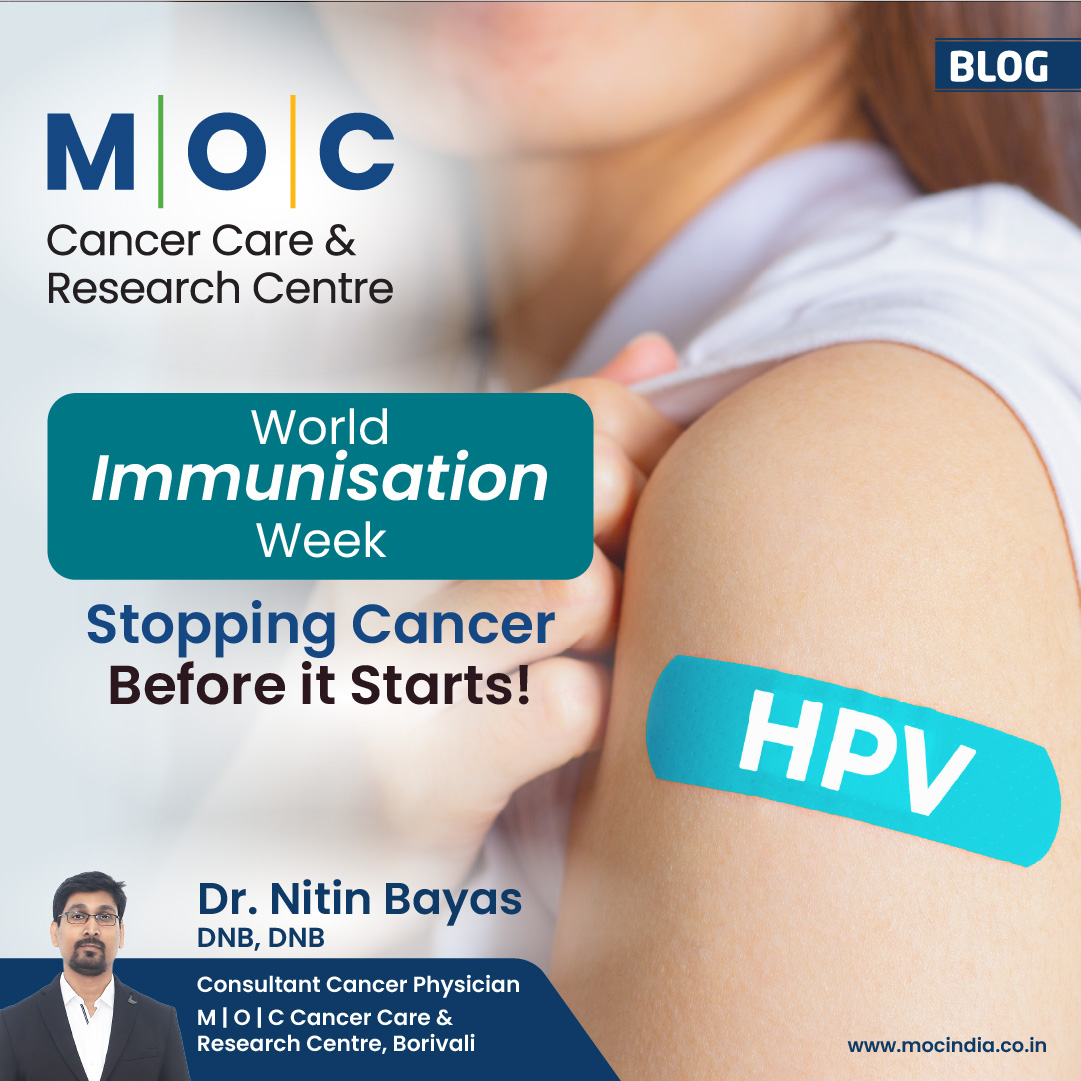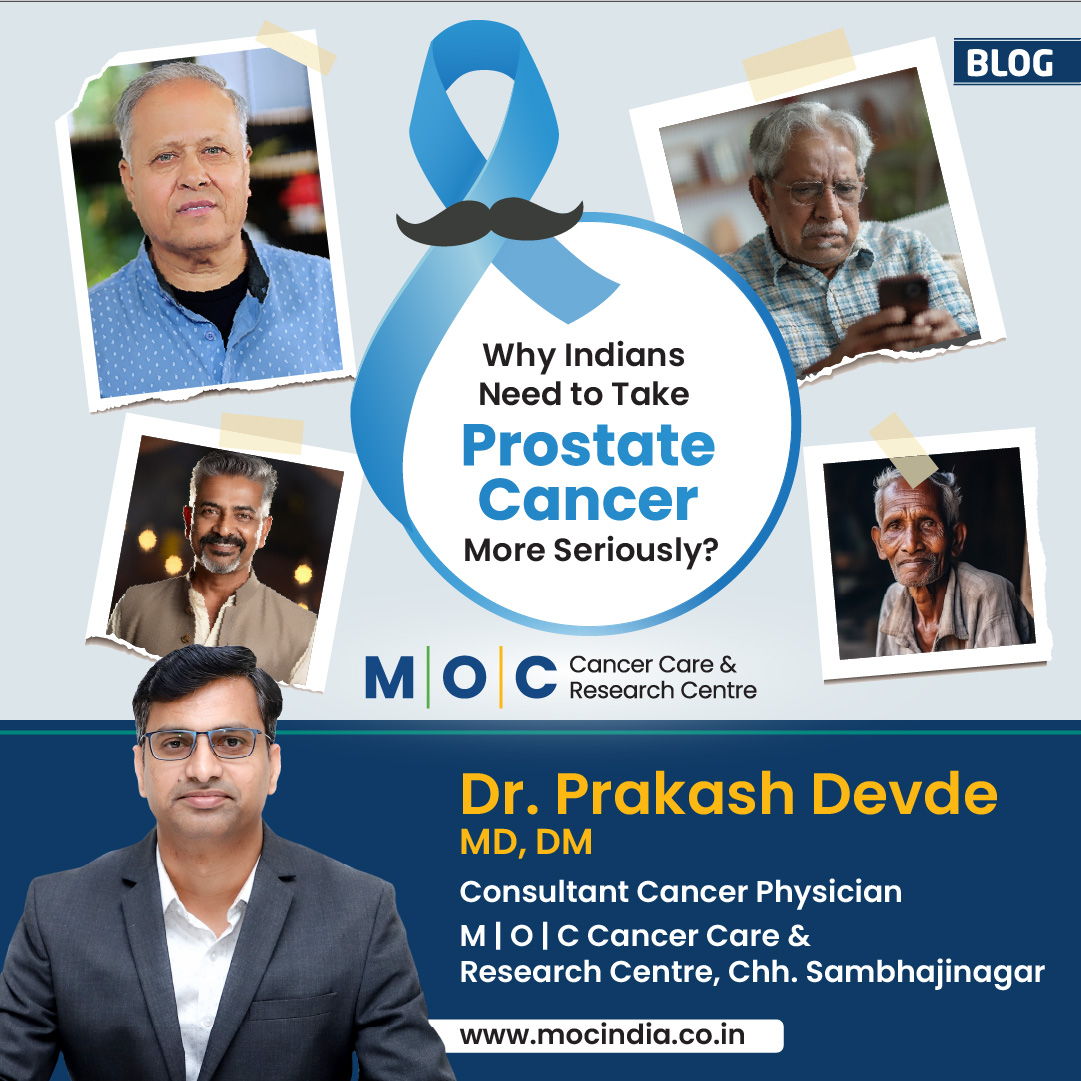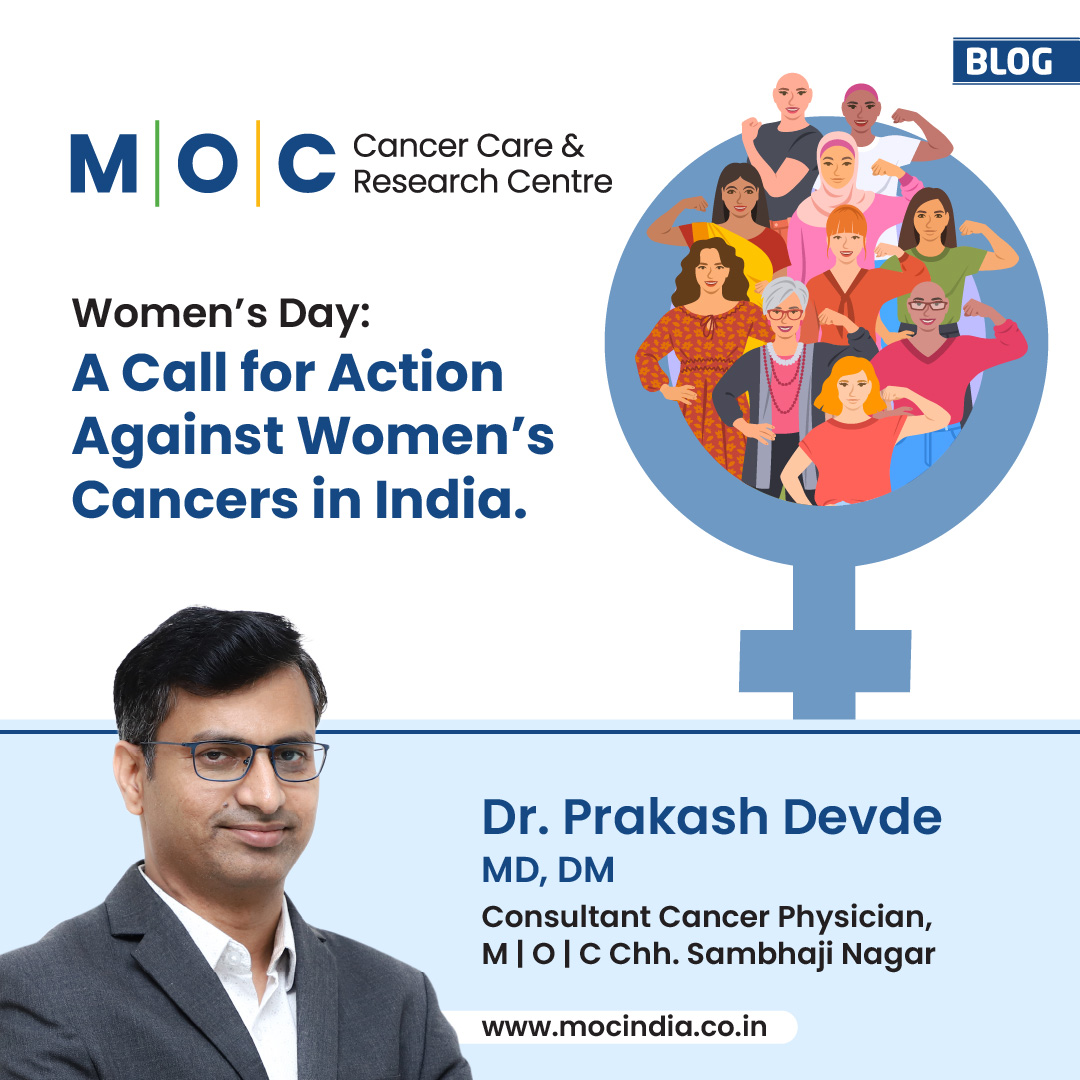BRCA Gene Test: Understand Your Risk for Breast & Ovarian Cancer
.jpg)
.jpg)
.jpg)
Have you ever worried about your risk of developing breast or ovarian cancer, especially if there's a history of these cancers in your family? You're not alone. Fortunately, advancements in genetic testing offer a powerful tool: the BRCA gene test.
This article focuses on the BRCA gene test, explaining how it works, what it looks for, and its role in assessing your risk for these cancers. Whether you're considering getting tested or simply want to learn more about this crucial tool, this article will provide you with the knowledge and understanding you need.
What is the BRCA gene test?
The BRCA gene test plays a crucial role in assessing a person's risk for developing breast and ovarian cancers. It analyzes a DNA sample, typically from blood or saliva, searching for specific changes within the genetic blueprint. DNA (the molecule that holds the instructions for building and maintaining our bodies) contains genes that instruct cells what to do. Harmful variations or mutations in these genes can increase cancer risk.
What does the BRCA test identify?
Specifically, the BRCA test focuses on identifying changes in the BRCA1 and BRCA2 genes. The role of these genes is to produce proteins that repair cell damage. While the BRCA genes are key players, other genes can also influence breast and ovarian cancer risk.
People who have the harmful variation of the BRCA gene and more prone to develop breast or ovarian cancer.
Studies show –
- 55-72% of women with the harmful BRCA1 variant and 45-69% of women with the harmful BRCA2 variant will develop breast cancer during their lifetime.
- 39-44% of women with the harmful BRCA1 variant and 11-17% of women with the harmful BRCA2 variant will develop ovarian cancer during their lifetime.
Some genetic tests, known as multigene panel tests, analyze a broader range of genes in addition to BRCA1 and BRCA2, providing a more comprehensive picture.
Should you opt for the BRCA test?
Since the genetic changes influencing breast and ovarian cancer risk can be inherited from parents, your doctor or oncologist will consider your personal and family history when recommending the BRCA test.
- The National Comprehensive Cancer Network (NCCN) recommends the BRCA genetic risk assessment for people with a blood relative with a variant of these genes or those with a family history of cancer or those with multiple cases of cancer.
- The American Society of Clinical Oncology (ASCO) recommends that women who have been diagnosed with epithelial ovarian cancer should be offered genetic testing for the inherited mutated genetic BRCA variations.
- Most bodies do not recommend that children below the age of 18 undergo genetic testing for BRCA variants.
What are the other cancers that can be linked to the harmful variant of the BRCA genes?
Fallopian tube cancers and primary peritoneal cancer are commonly linked to the harmful variant of the BRCA genes since both these cancers originate from the same cells as ovarian cancers. Men with the BRCA2 variant are at a higher risk of developing prostate or breast cancer. Some of the BRCA variants have also been associated with pancreatic cancer, although the risk is low.
What is genetic counselling?
The results of a genetic test may be confusing. Most often, a positive result signifies that you may have the gene that increases the risk of developing breast or ovarian cancer, while a negative result may suggest that you don’t have the genetic basis for developing cancer or it may mean that the changes in the genes have not yet been identified.
Genetic counselling can help you comprehend the test results appropriately and can also help you identify what those results mean as far as your cancer risk is concerned.
The BRCA gene test offers valuable insight into your personal risk of developing breast and ovarian cancer. However, it's important to remember that a positive test result doesn't guarantee you'll get cancer, and a negative result doesn't eliminate all risk.
The decision of whether or not to get tested is a personal one. By understanding the BRCA gene test, its limitations, and how it interacts with your family history, you can have a more informed conversation with your oncologist. This discussion can help you determine if testing is right for you and explore additional risk-reduction strategies like increased screening or preventive medications.
Dr. Pravin Khandare
MD DM
Consultant Cancer Physician
MOC Cancer Care & Research Centre, Thane
& Kalyan.
Latest Blogs
-
![World Immunisation Week: Preventing Cervical Cancer with HPV Vaccination]()

- 21st Apr, 2025
- World Immunisation Week: Preventing Cervical Cancer with HPV Vaccination
-
![Esophageal Cancer in Rural India: A Rising Threat]()

- 15th Apr, 2025
- Esophageal Cancer in Rural India: A Rising Threat
-
![Why Indians Need to Take Prostate Cancer More Seriously? An Oncologist's Opinion]()

- 20th Mar, 2025
- Why Indians Need to Take Prostate Cancer More Seriously? An Oncologist's Opinion
-
![Women’s Day: A Call for Action Against Women’s Cancers in India.]()

- 10th Mar, 2025
- Women’s Day: A Call for Action Against Women’s Cancers in India.
-
![A Unique Perspective on Women and Cancer- A Food for Thought]()
.jpg)
- 3rd Mar, 2025
- A Unique Perspective on Women and Cancer- A Food for Thought
-
![Bridging Hope and Equity for Young Warriors this International Childhood Cancer Day]()
.jpg)
- 18th Feb, 2025
- Bridging Hope and Equity for Young Warriors this International Childhood Cancer Day
Book Your Appointment








